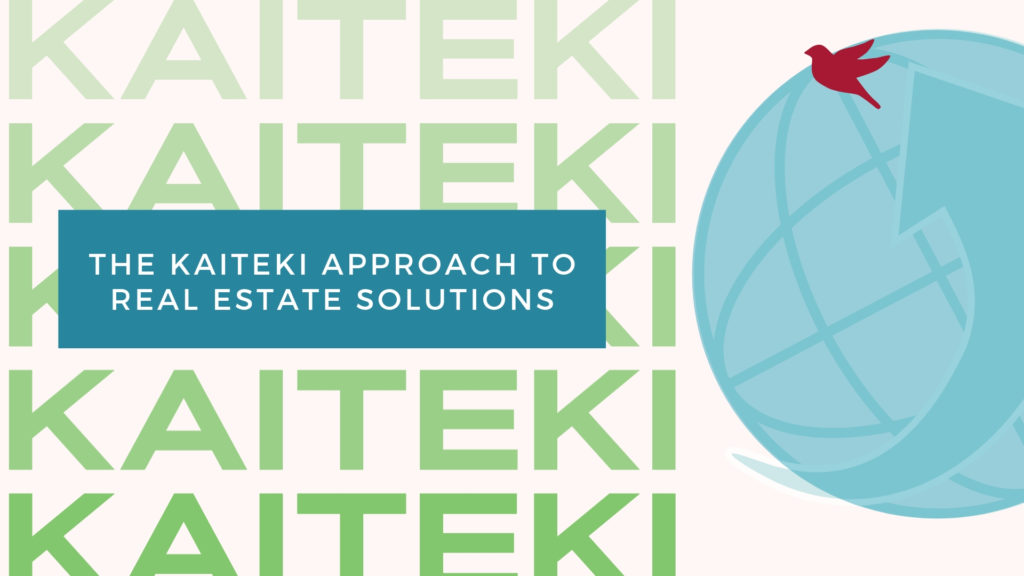
I’ve been spending a lot of time lately in Virginia real estate markets. I’m consulting on the sale and redevelopment of a large parcel owned by a Japanese chemical company. I’ve learned a lot not only about this market but also working effectively with a Japanese-owned firm.
It’s a bit like trying to redevelop a 120-acre manufacturing facility located in the middle of Charlotte’s upscale South Park submarket. It’s a complicated assignment (the kind I particularly love and enjoy), and there’s an added twist: I’m learning about and closely working with the Japanese culture. The assignment is turning out to be one of the most interesting I’ve worked on in a long time.
I report to the former CEO who was retained to complete a few projects after retirement. The sale and redevelopment of this site are one of them. As an American who rose to CEO, this former CEO is a master at understanding the Japanese business culture. In working with him, I am reminded of what William Edwards Deming learned from the Japanese that lead to making America an industrial giant.
Deming worked with Japanese companies starting during the Allied occupation of Japan after World War II. This is the gist of his key takeaway for me:
Called the Pareto principle, it essentially says that 80% of the effects come from 20% of the cause. In this instance, the 20% that you prepare will determine 80% of your results. If you want to make changes that will have the biggest impact, identify the 20% that is having the most impact on your process. In other words, success stems from thorough preparation and communication early in the project.
I am finding this to be true. We have a good sense of the factors that contribute the most to our success, so once our team comes to a decision, the company is quick and eager to act on it. There’s no lollygagging or second-guessing. It makes executing a plan enjoyable and fulfilling.
Here are some other things I’m learning working with a Japanese corporation.
- Clear and constant communication is essential. This is true for all of my clients, but the need for communication goes to a different level with an overseas conglomerate. Cardinal uses a web-based project management system that gives everyone on the team access to background information and reports, tasks to be done, scheduled events and critical dates.
- They don’t like surprises. Who does, especially when you are dealing with large deals? But this client is particularly surprise-adverse. Luckily, our due diligence helps us steer clear of surprises. We use Cardinal’s Due Diligence 360(tm). This is a 221-point due diligence checklist designed to avoid mistakes and uncover value. Deming would be proud.
- The Japanese are serious about teamwork. I have found that the Japanese excel in collaboration (hence the desire and need for good communication!) and this creates a fun, productive environment.
- The Japanese value the impact of the development on the community at large. A goal for the project is that community stakeholders feel good about the development. Approximately 20 acres is going to be a cool mix of retailers and mixed-use space. There’s land set aside for industrial, such as last-mile distribution and land for area employers. The two business units will expand and hire more people from the surrounding areas. We are working with area economic developers to find a mix of companies for the industrial site that the City of Chesapeake is excited about.
We have gotten a lot done in a short period of time. Soon we are going to market. This is a project that many people are watching. It is important to establish lines of communication with those who are affected by our moves. We’ve chosen a local team to help us take the property to market, and we are poised to deliver RFPs to a handful of qualified developers.
While speaking with my client about the Japanese way of doing business one night at dinner, he handed me a copy of his business card. On the back of the card, was a word and a definition.
“The sustainable well-being of people, society and our planet Earth – we call it KAITEKI.
Through our core values of Sustainability, Health and Comfort, we create innovative solutions globally realizing KAITEKI. Creating KAITEKI Value today, we ensure a bright future for tomorrow.”
It’s been a delightful assignment, one that reminds me of why I entered commercial real estate years ago. Here’s wishing you the chance to create KAITEKI value.






